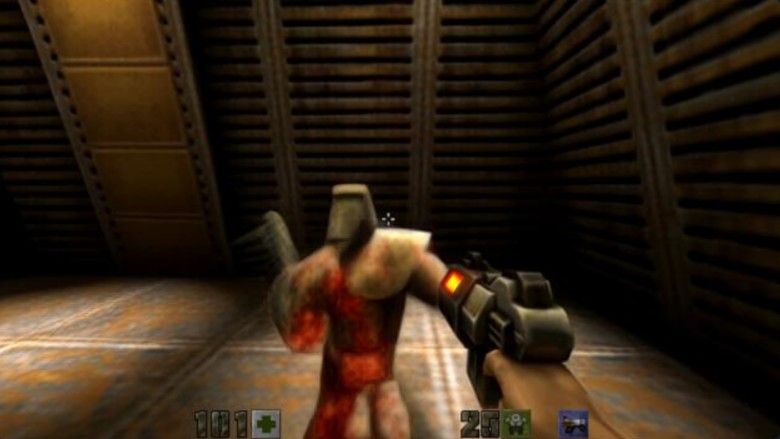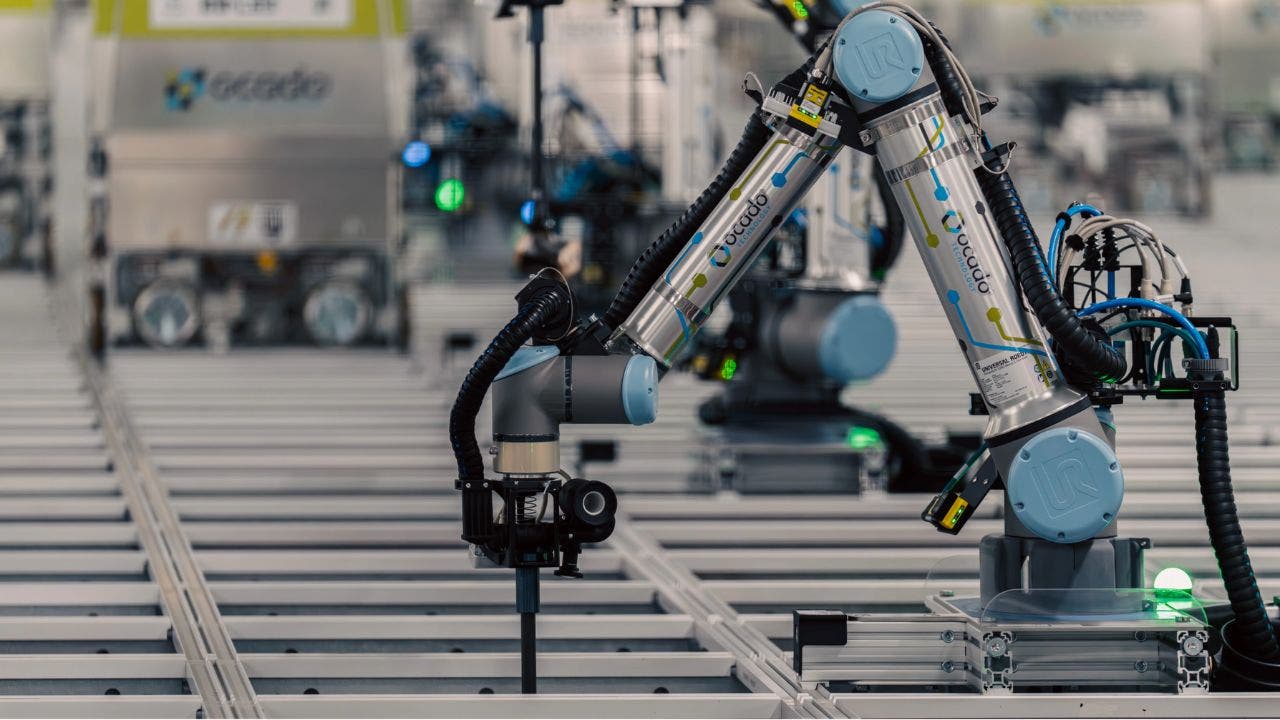The Future of Gaming: Microsoft Unveils AI-Powered Gaming Experiences

In a groundbreaking revelation last month, Phil Spencer, the head of Xbox, discussed the transformative potential of artificial intelligence (AI) in the gaming industry. Spencer highlighted AI's remarkable capability to preserve gaming history, hinting at a future where classic games can be revived and experienced anew. He referenced ongoing research at Microsoft that aims to integrate this technology into the gaming landscape.
Prominent among these advancements is a recent demonstration by Haiyan Zhan, showcasing an early version of AI technology that successfully runs the classic game Quake II in a web browser environment. The demo, which can be accessed through a link shared by Zhan, illustrates a fascinating AI-generated gaming experience where players can move, shoot, and explore within a world that is dynamically generated in real-time based on player inputs. This innovative approach is made possible through an AI world model that creates every frame on the fly, providing an engaging and interactive experience.
In a tweet, Zhan excitedly announced the launch of @Copilot Gaming Experiences, designed with cutting-edge AI research. He stated, “The original Quake II level remains a powerful expression of the developers’ vision. This AI opens new ways of engaging with experiences and perhaps hints at how future tools could empower development teams.” With the rapid advancement of AI, Zhan’s demonstration serves as a glimpse into how the technology can reshape the way we interact with video games.
While the experience was noted to be slightly laggy, the concept itself is awe-inspiring. The potential to relive nostalgic gaming moments from the past is an exhilarating prospect for many gamers. For instance, one might recall a beloved title from the original Xbox or PlayStation, such as Gameday 98, an iconic American football game that was once a contender on the sports gaming scene, even surpassing established franchises like Madden.
Gameday 98 was revolutionary for its time, being the first football game to incorporate 3D polygon graphics. However, despite its popularity, it has never been made backward compatible with modern gaming systems, meaning the only way to revisit this classic is through an original PlayStation or PlayStation 2 console. For many, Gameday 98 was not just a game; it was an introduction to a lifelong love of football.
The fascinating idea of feeding an AI vast amounts of gameplay data—potentially millions of hours—could lead to the creation of a fully playable version of Gameday 98 or other forgotten classics. This brings to the forefront an essential consideration: Is it more efficient and cost-effective to port a game like Gameday 98 using AI technology or through a small development team? These are the pivotal questions that will shape the industry as AI continues to evolve.
As we enter the second year of what many are calling the AI boom in gaming, the excitement and apprehension surrounding the technology's future capabilities are palpable. The next decade promises to unveil astonishing developments that could redefine our gaming experiences, leaving many wondering what the landscape will look like ten years from now.


























